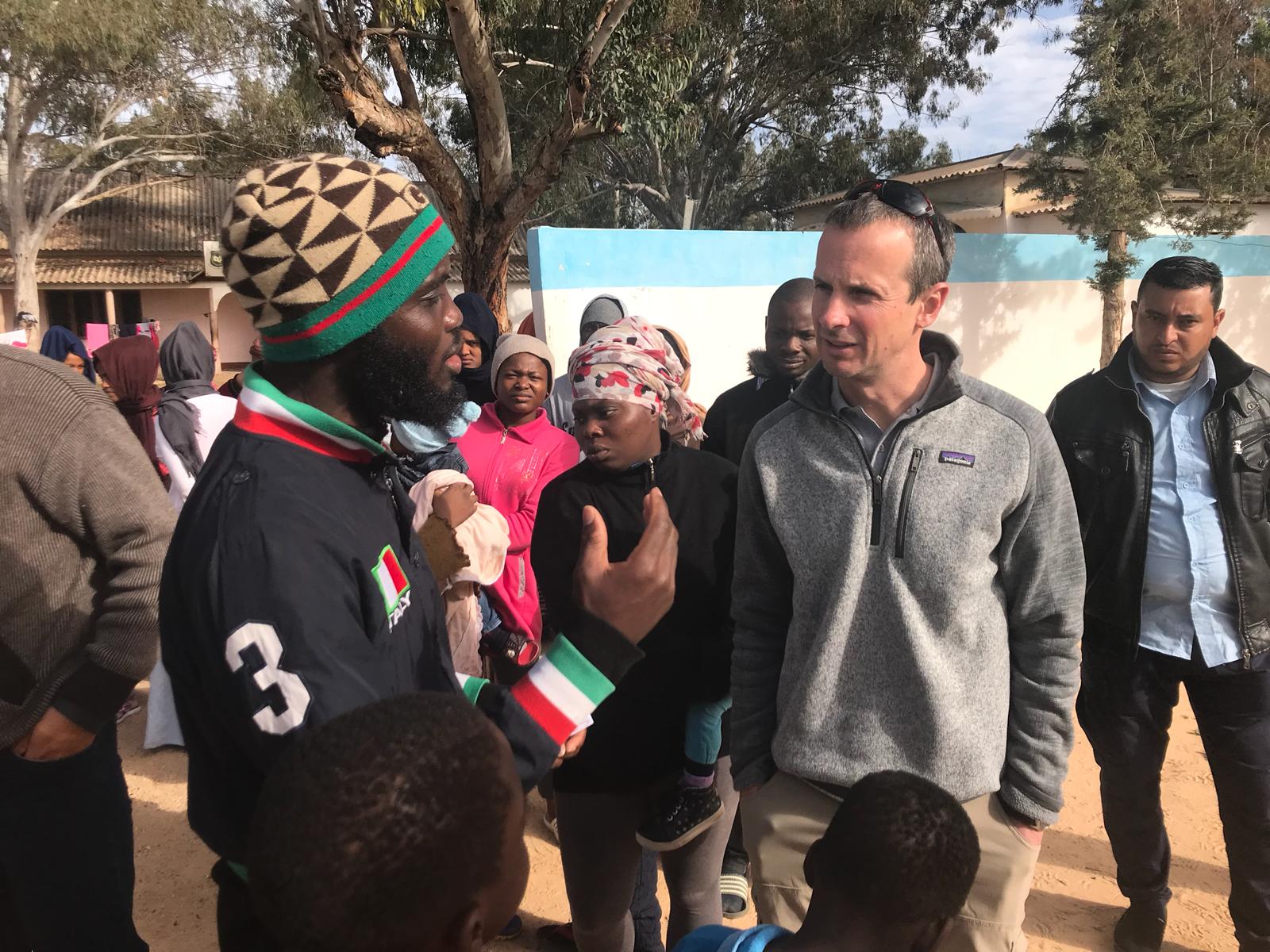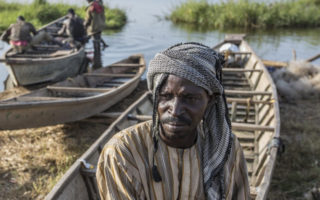
Matthew Brook (centre right) speaks with refugees in Tripoli, Libya. ©UNHCR/Tarik Argaz
Reflections from a veteran Canadian staffer on his time as Deputy Head of Mission
By Matthew Brook, as told to Lauren La Rose
Garden Bay, B.C., is home for Matthew Brook, but he has devoted the past two decades with UNHCR helping refugees in need around the world, working in countries including Angola, Colombia, Kyrgyzstan and Tanzania. In 2017, he was also part of the emergency response team deployed to Cox’s Bazar, Bangladesh, providing protection and assistance to Rohingya refugees.
More recently, he served as Deputy Head of Mission in Libya, where he was responsible for coordinating field operations. During his year in the role, he also spent four months as Acting Head of Mission. He describes the challenges during his time in Libya, and how the contributions of fellow Canadians are making an impact.
In April 2019, UNHCR expressed concern for some 3,000 refugees and migrants who remained in detention centres in Tripoli. What are the circumstances that have led to so many being held in detention?
These individuals were being held in government-run detention centres as the authorities had deemed that they entered in an irregular manner into Libya*. (*Libya is not a party to the 1951 Refugee Convention, the key legal document that outlines the rights of the displaced, as well as the legal obligations of States to protect them.) These 3,000 were specifically at risk as they were being held in conflict zones in Tripoli, subject to heavy fighting between opposing sides.
Can you describe the conditions of the detention centres?
Conditions in the detention centres were extremely poor: overcrowding, inadequate sanitation, disease prevalent, lack of food.
Can you describe the nature of the fighting and violence that you witnessed on the ground in Libya? What are the challenges that you experienced working in a conflict zone?
Fighting was intense — both air operations (missiles and bombs launched from drones and planes) and ground combat. It was also highly unpredictable, particularly in April 2019 when General Haftar launched his offensive on Tripoli, with front lines changing by the hour. The UN also had to face credible targeted terrorist threats by extremist elements.
These factors made it extremely challenging to deliver humanitarian assistance and protection. While we were secure in a heavily fortified UN compound, any field mission was subject to extreme security precautions, including traveling in convoys of armoured SUVs with security officers, often armed. As Acting Head of Mission at this time I had to make difficult decisions of how far to push to help refugees without endangering the safety of UNHCR colleagues.
Simply put, donations have helped save the lives of refugees who otherwise would have been trapped by the conflict in Libya.
What is UNHCR doing on the ground to help people of concern in Libya?
Key activities for refugees include evacuating refugees out of Libya, advocating with the authorities to end detention, providing medical, counselling and cash (for shelter) assistance to refugees in Libya. UNHCR is providing humanitarian assistance for those displaced internally by conflict, and also supporting improvement projects in hosting and return communities, including health centres and schools.
Can you speak to how donations have helped the people of concern in Libya?
Simply put, donations have helped save the lives of refugees who otherwise would have been trapped by the conflict in Libya. This includes refugees who ultimately were resettled to Canada. Donations have also helped provide immediate humanitarian assistance to refugees and Libyans displaced by the conflict.
What is it that motivates you in your work?
I am motivated by the opportunity to help women, men, girls and boys seek safety and to live a life without the fear of being killed at any moment. I am motivated by the resilience that I see in the eyes of these individuals. And that they can smile in the midst of so much chaos and pain.



